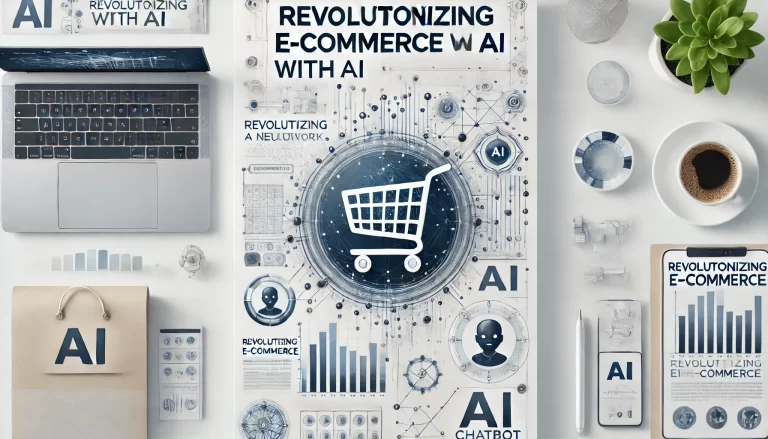In the constantly changing world of manufacturing, being competitive and efficient is very important. The arrival of artificial intelligence (AI) has greatly changed this industry, helping manufacturers deal with problems that were once very difficult to solve. Here’s a look at how AI is changing manufacturing and the main problems it helps to solve.
Improving Predictive Maintenance
One of the biggest challenges in manufacturing is when equipment stops working, which can cause big financial losses. Traditional maintenance schedules often lead to unnecessary checks or late repairs. AI-based predictive maintenance, on the other hand, uses data analysis to predict equipment failures before they happen. By looking at sensor data and past performance, AI can predict when a machine might break down, allowing for quick action. This reduces downtime and makes equipment last longer.
Enhancing Supply Chain Efficiency
The worldwide supply chain involves many different companies, like suppliers, makers, and sellers. Problems in any part of this chain can cause delays and higher costs. AI helps manage the supply chain better by giving instant information about stock levels, predicting customer needs, and handling logistics. Special computer programs analyse data from various sources to keep stock levels just right, forecast demand, and spot possible issues. This makes the supply chain work more smoothly, reduces wait times, and saves money.
Boosting Quality Assurance
Keeping product quality high is very important for keeping customers happy and protecting a brand’s good name. Traditional ways of checking quality often involve people looking at products, which can take a long time and sometimes miss problems. AI-powered systems, on the other hand, use computer vision to find flaws and differences with great accuracy. These systems can quickly check pictures of products, making sure they meet high standards.
Improving Production Efficiency
Making things in factories involves many different parts, and making these processes better can be difficult. AI helps by looking at data from production lines to find problems and suggest fixes. For example, AI can adjust machine settings to speed up production and cut down on wasted materials. Also, AI-controlled robots can do repetitive jobs accurately, letting people work on more complicated and creative tasks.
Making Customization Easier and More Flexible
Today, customers want products that are made just for them. Traditional ways of making things often can’t meet these needs quickly. AI allows for making many different versions of a product by looking at what customers like and changing the production process. AI systems can easily change how they make products, letting factories create personalized items in large numbers without losing speed.
Overcoming Workforce Issues
The manufacturing industry has to deal with workforce problems like skill shortages and not enough workers. AI can help by offering smart automation and systems that help with decisions. These AI tools can show workers how to do difficult tasks, so they don’t need a lot of training. Also, special robots called cobots can work with people, making work better and safer.
Final Thoughts
Using AI in manufacturing is not just a passing fad; it’s a big change. By solving issues like predicting equipment problems, managing supplies, checking quality, making production better, customizing products, and helping workers, AI lets manufacturers work more efficiently and stay ahead. As AI keeps getting better, its part in manufacturing will get bigger, leading to a future where new ideas and efficiency work together.

